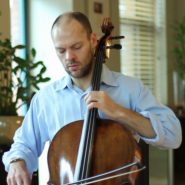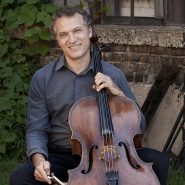Tag: concentration
By Joanna Latala March 18, 2025
By Joanna Latala February 4, 2025
Subjects Artistic Vision, Practicing
By Mickey Katz April 26, 2012
Subjects Artistic Vision, Orchestra
By Aron Zelkowicz January 19, 2012
Subjects Chamber Music
By Selma Gokcen October 22, 2011
Subjects Playing Healthy
By Brant Taylor July 19, 2011
Subjects Practicing
Tags aspirations, Awareness, bow speed, Brant, cello, cellobello, character, concentration, concepts, contact point, creativity, details, effortless, exploration, finesse, fundamentals, harmony, ideas, Janos, legato, lessons, Listening, musical, Philosophy, release, skills, small details, solutions, Starker, Taylor, tension, vibrato, weight
By Alisa Weilerstein March 14, 2011
Subjects Travel
Tags adventure, adventures, air travel, Airplanes, Alisa, atmosphere, audiences, cello, cellobello, character, colors, concentration, control, energy, exhaustion, focus, health, ideas, inspiration, learning, orchestra, performance, practicing, reality, Rest, shifting, travel with an instrument, vibrato, Weilerstein
By Brandon Vamos March 14, 2011
Subjects Practicing









